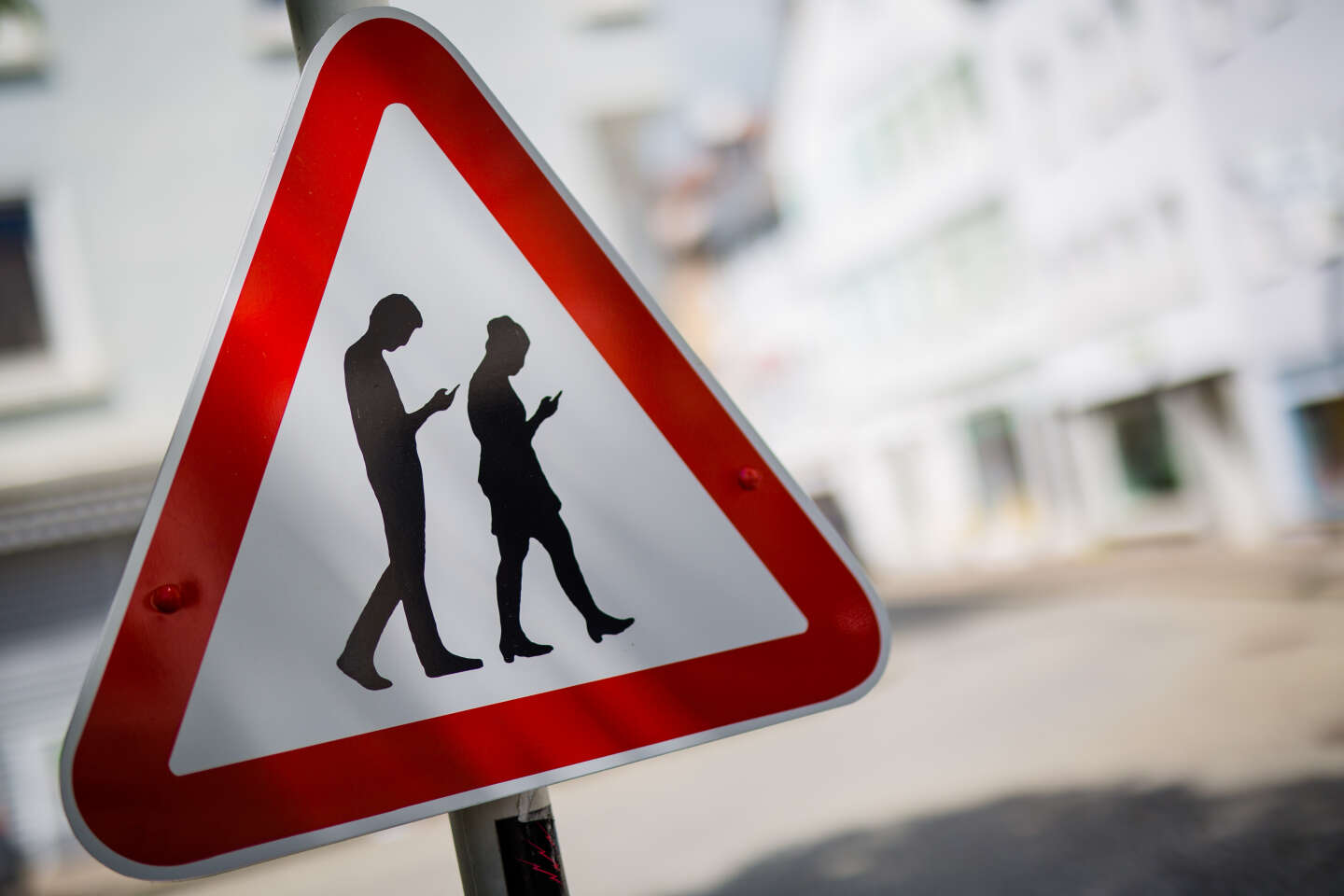


The face is the center of gravity in any conversation. "Face to face" first and foremost reflects a principle of mutual consideration that implies reciprocal attention, unless it's inconveniencing the person receiving nothing in return. We resent people who don't look us in the face when addressing us. Individuals constantly orient their words and movements to what they perceive in their interlocutors' facial expressions, gestures, speech, voice and gaze.
The face embodies the morality of interaction, its nakedness on show, its expressiveness sometimes poorly concealing mishaps or mutual satisfaction. It is not a body part like others, but stands out by its position, its value, its eminence in communication and, above all, the sense of identity attached to it.
To form a social bond, each individual must be accountable for their features and recognized by those around them. The face makes the social bond possible through the responsibility it gives to an individual in their relationship to the world. However, its increasing absence even in the most basic everyday situations raises problems.
Today, in many interactions or on city sidewalks, face-to-face contact is becoming rare, as everyone is absorbed by their smartphone screen. The individual is caught in a kind of endless hypnosis, blind to their environment, indifferent to what's going on around them. While a few years ago it was discourteous to talk to someone without looking at them, or with your attention focused on something else, today it has become commonplace.
It's a ghost society where eyes are often lowered to the screen, even in front of others or in the streets, just like elsewhere in cafés, restaurants, waiting rooms, public transport, trains... Everywhere there is this absence of faces, of glances around, as individuals are hunched over their screens. Many people talk alone in the street or in common spaces, without fear of disturbing others. But connection, in its many forms, is not contact, something which implies a common presence and shared sensory experience.
A world without body
Admittedly, in a social context where the values of ultraliberalism are imposing themselves even in everyday life, this immediate connection is efficient, functional, fast and based on restless availability. Still, it is insufficient in itself to establish the exchange of value-bearing meaning. These faceless, non-present communications proliferate like a soothing shell, keeping others at a distance and undermining the value of the spoken word.
You have 46.9% of this article left to read. The rest is for subscribers only.
